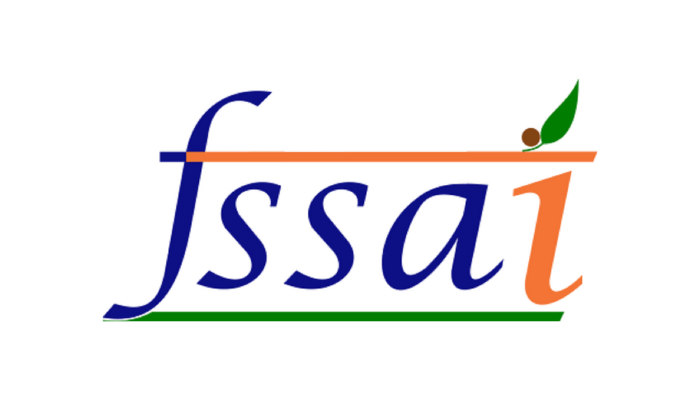
In a move to ensure food safety and hygiene during the famous Bali Yatra festival in Cuttack, the Odisha State Food Safety Department has announced that all food stall operators must obtain a valid FSSAI certification before setting up their stalls. The directive, issued under the Food Safety and Standards Authority of India (FSSAI) guidelines, aims to safeguard public health and maintain high food quality standards throughout the event.
Key Highlights
The Bali Yatra, one of Odisha’s largest cultural and trade fairs, draws lakhs of visitors every year. Given the massive food consumption during the festival, the FSSAI has mandated that every food vendor, including temporary and mobile stall owners, must register on the Food Safety Compliance System (FoSCoS) and display their FSSAI registration number prominently.
Officials from the Cuttack Municipal Corporation (CMC) and the State Food Safety Wing will jointly inspect stalls to verify compliance. Vendors will also be trained on safe food handling practices, waste disposal, and hygiene protocols to prevent contamination and ensure consumer trust.
The initiative is part of the FSSAI’s larger effort to strengthen food safety at public events and encourage small businesses to operate within legal and hygienic frameworks. Authorities have warned that non-compliant vendors may face penalties or removal from the fair premises.
Why It Matters
With the growing number of temporary food stalls and increased public awareness of hygiene, this step reinforces the importance of accountable and transparent food operations. It also highlights the government’s push to formalize street food businesses through digital registration and regular inspection systems.
India Advocacy Insight
The FSSAI’s mandate at Bali Yatra reflects a significant shift toward safety-first food culture at large gatherings. By requiring certification and training, the initiative not only protects public health but also helps small vendors become part of India’s formal food business ecosystem. This proactive approach strengthens consumer confidence and sets a model for safe, compliant, and sustainable food trade practices across other state festivals.
![]()



